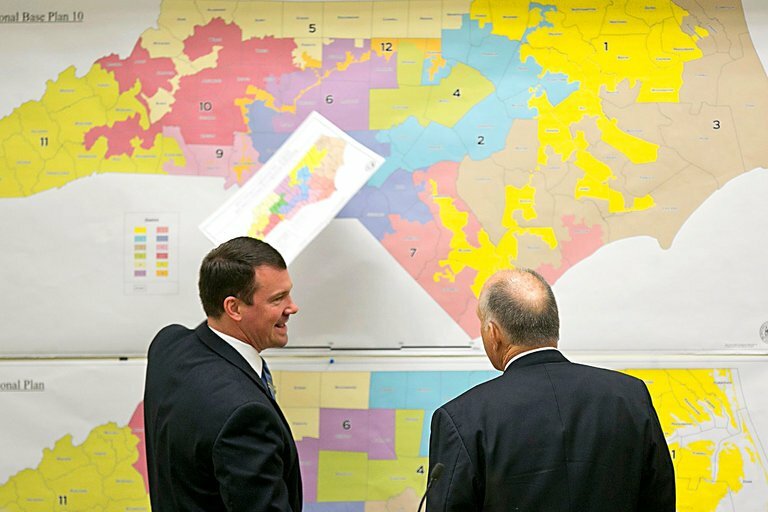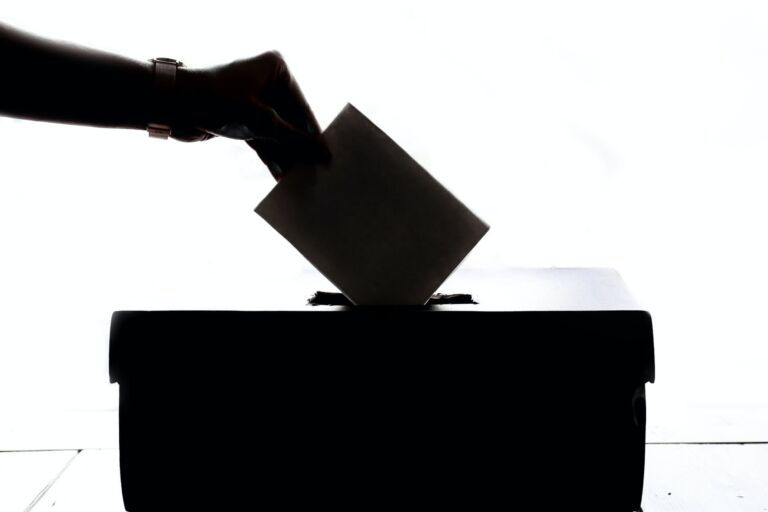You don’t believe that a recent Government Accountability Office report on fake enrollments for Obamacare subsidies represents a big deal? Jillian Kay Melchior of National Review Online offers some expert assessments that might change your mind.
“Any time there is a government program where government money is flowing to someone or something, it can present opportunities for people and entities to abuse it and seek more than they are entitled to,” says Wendy Weiss, the former chief of the U.S. Attorney’s Office Civil Fraud Section.
Weiss, who now serves as managing director for the Healthcare and Life Sciences, Disputes, Compliance, and Investigations practice at Navigant, a global consulting firm, says that even though “this is just an example of the GAO poking the system to see if it’s working, basically doing a sting operation,” to assess the potential for fraud, “you have to follow the flow of money to see who is most likely to benefit in order to determine where the potential for fraud lies.”
Rebecca Busch, an expert on health-care fraud and the CEO of the Illinois-based auditing and forensic-services firm Medical Business Associates, offered several scenarios in which fraudsters could gain from creating a falsified identity for health coverage.
For example, individuals may create fake identities to access more health coverage than their plans cover, Busch says. “People get confused on ‘coverage for all,’” she says. “There’s a whole category of essential health benefits. These are the things that everyone gets — but it’s not a blank check. You only get so much per year.”
As an example, Busch cited a real-life example in which one state’s Medicaid rules covered only four prescriptions a month. “But Mom needs five,” she says, “so how do we do that?” Officials learned that people were obtaining additional prescriptions using the identity of a family member. Similar schemes may also occur under Obamacare, she says.
Others, including immigrants who are not legally residing in the United States, may sign up using falsified data to gain coverage they’re not entitled to, Busch says.
And it’s not just individual consumers who might seek to defraud the system by using falsified information. Busch described a hypothetical small-town pharmacist who creates several false identities, signs them up for health coverage, and then gets prescriptions for narcotics issued to them. He then bills the government for the drugs (profit No. 1) and resells them on the street (profit No. 2). A benefit-plan sponsor could engage in a similar scheme, Busch says, billing the government for services rendered to falsified Obamacare “enrollees.”


